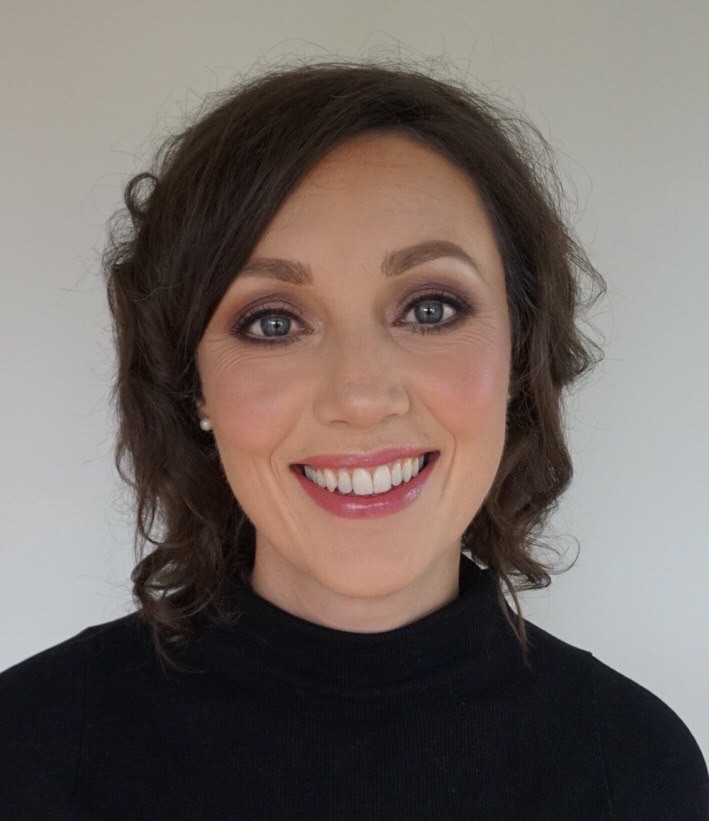
|
Towards a Unified Model for Digital EducationTorsten Brinda, University of Duisburg-Essen, Germany Abstract: The ongoing process of digitization has led to the development of various strategy papers both on an international as well as on a national level focusing on the question which competences young people should develop during their school education concerning digitalization to be best prepared for what is called the "digital world". The computing education community has developed a number of recommendations for computing curricula (such as K12CS) and has argued, why it is important for everybody to build a basic understanding of the technical principles underlying digitalization. On the other hand, recommendations for "digital competence" (such as DigCom) focus more on developing digital literacy and on adequately selecting and using digital media and this focus is currently preferred by educational politicians in the process of implementation in schools. However, both approaches are just different perspectives on digitalization and should be considered individually during school education for everybody. Since the different concepts do overlap to some extent, we analyzed a choice of them using the method of qualitative content analysis with the aim to detect overlaps and differences in addressed concepts and competencies. The results of this process will be used as the foundation of a "unified model for digital education". First results of this process are shown and the implications for teacher education are discussed. Further information: Torsten´s homepage Torsten Brinda studied Computer Science at the University of Dortmund (Diploma 1998). He started his scientific career in the Computing Education Research Groups at the universities of Dortmund (until 2002) and Siegen (until 2005), where he 2004 received his doctoral degree. From 2005 to 2012 he worked as a full professor for computing education research at the University of Erlangen-Nuremberg, since then in the same position at the University of Duisburg-Essen. His current research interests are learner conceptions and learner interest in the computing field, competency modelling in object-oriented programming, and digital education. He is an active member of ACM SIGCSE, IFIP TC3 and the German Informatics association (GI), where he is the current chairman of the technical committee for “Computing Education Research/Computing and Education”. |








